News
[Op-Ed] Hip Hop Democracy and the Future of Our Freedom
by Kyle T. Mays, Ph.D. In the wake of the election of president-elect Joe Biden and the incoming Vice President, Kamala Harris, who will be the first Black and Southeast Asian…
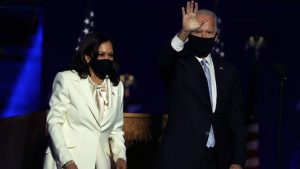
by Kyle T. Mays, Ph.D.
In the wake of the election of president-elect Joe Biden and the incoming Vice President, Kamala Harris, who will be the first Black and Southeast Asian woman, millions of people were happy that President Donald Trump will no longer be in the White House. People partied in the streets. Although we should be ecstatic, we still have work to do.
People can be joyful in this moment of important change, but we should proceed cautiously. Black male Hip Hop artists like Lil Wayne, Ice Cube, and 50 Cent aligned themselves publicly with Trump. It was a huge mistake on their part. It didn’t matter, because Biden won the electoral college, and earned the most votes ever, at more than 75 million. Yet, Trump earned the second-most ever, at nearly 71 million. Some Republicans voted for Biden but did not vote Democratic in state elections.
We can argue all we want about the nuances of who voted for him and why, but to me, it is clear: Donald Trump was an outward white supremacist in office, and voting for him because of “conservative values” won’t cut it. This is not good for the 2024 election. We still have work to do. After all, unless Trump is charged with criminal charges, he could run again and could get just about the same number of votes. The Hip Hop community can play an important role.
Hip Hop Nation has always been political. From its inception, rappers and taggers used their voice and visual expressions to tell stories about the condition of poor, working-class Black and Latinx communities. Before Hip Hop engaged in mainstream politics, they were in the streets placing their tattered ballots on the walls of dilapidated New York City buildings and daring society to push them to the edge. Hip Hop’s elements aren’t just cultural production. Drawing on a historical blueprint laid out by organizers like Fannie Lou Hamer and the Student Nonviolent Coordinating Committee, parts of Hip Hop Nation has been deeply committed to community organizing. They have encouraged young people to vote but also to be involved in their communities every day, not just every four years.
The Hip Hop community, especially at the grassroots level, has a lot of work to do over the next several years to avoid a letdown. We can’t rely on the voices of Hip-Hop billionaires and millionaires who may not represent the interests of those they claim to represent. For almost twenty years the Hip Hop community has sought to engage young people in voting with the Vote or Die campaign, Rock the Vote, and Respect My Vote campaigns. Those have been important in encouraging young people to vote. However, we don’t need to create a new political party to “represent” Black people. A study of the 1972 Black Political Convention held in Gary, Indiana would reveal a lot about how diverse Black politics truly are. Black youth are engaged in politics on the ground, and one of the best ways to help is to donate money and other resources to the causes that they actually want.
We must persist in our struggle for our freedom. There are grassroots organizations at the local level that have continued the work of social change. Many organizations continue the struggle to make Black Lives Matter every day. Assata’s Daughters, based in Chicago, is a Black woman, femme, and gender non-conforming group that continues the work of Black liberation, inspired by the activism of Assata Shakur. Shakur has been in exile in Cuba for decades, remains on the FBI’s Most Wanted list, and is the godmother of the late, Tupac Shakur. Other groups include the Aadizookaan, a Black and Indigenous artistic collective in Detroit. They combine Hip Hop culture and Indigenous storytelling techniques to encourage young people to decolonize their neighborhoods and continue the work of making sure that Black and Indigenous Lives matter in Detroit and beyond. Another organization is 1Hood, led by rapper Jasiri X, who educate young people through creative arts. There are hundreds of organizations that could use more resources to do the work in their local communities.
Hip Hop royalty could, as some are likely already doing, donate money and resources to these types of grassroots organizations. They can de-platform their brands and uplift those groups who really need the assistance. But the question, of course, is who is in their ear?
In some ways, it doesn’t matter what the elites in our communities do. As long as those on the ground continue to struggle, we will get our freedom. Voting is important, but without constant on the ground struggle, political education, and working against the forces that impact us, like police brutality and extreme poverty, the electing of Biden and Harris won’t matter. We still have work to do.
Kyle T. Mays, Ph.D., is an Assistant Professor of African American Studies, American Indian Studies, and History at UCLA. He is the author of Hip Hop Beats, Indigenous Rhymes: Modernity and Hip Hop in Indigenous North America (SUNY Press, 2018) and is finishing up a book titled, An Afro-Indigenous History of the United States (Beacon Press, forthcoming, November 2021)
The post [Op-Ed] Hip Hop Democracy and the Future of Our Freedom appeared first on The Source.
Artist Spotlight
Phlo-osophy shares a new single, “Scientist Mind (Living My Life)”
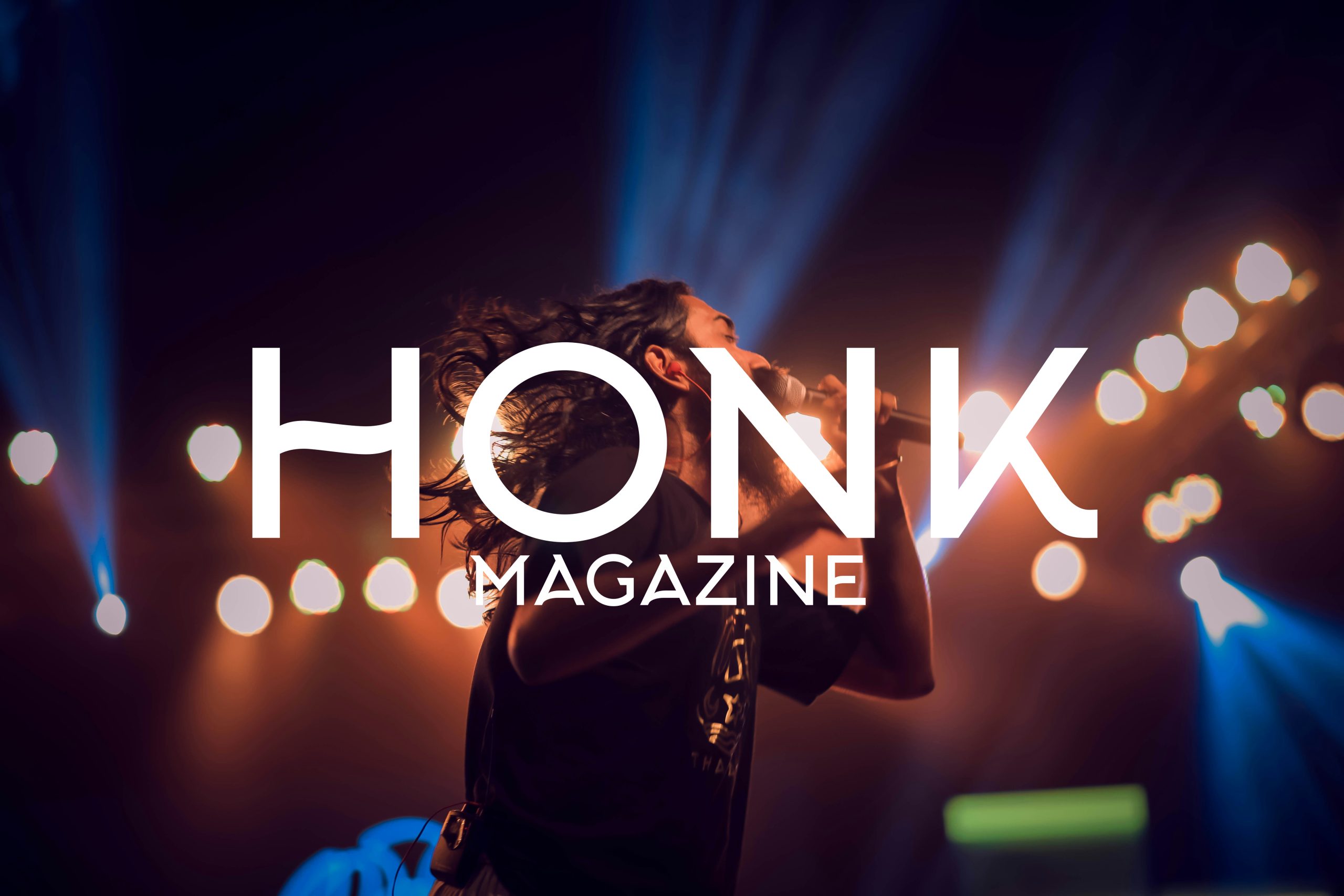
Phlo-osophy’s “Scientist Mind (Living My Life)” is a thoughtful and relaxing meditation on intellect and existence, packaged with laid-back production that encourages both thought and comfort. The song starts with atmospheric synths and a low-key beat, creating a space that is the laboratory of contemplation.
Phlo-osophy’s lyrical style steers into tough concepts spontaneous physics of thought, the chemistry of emotion — and yet remains highly accessible. The production is the strength of the production: soft, warm textures, synth pads, muted guitar echoes, quiet electronic pulses, cohere into a hushed, private atmosphere.
The result is a song that teeters between heady curiosity and soulful expression. It’s not out to swamp us with complexity, but to suggest a room in which mind and emotion can cohabitate thoughtfully. “Scientist Mind (Living My Life)” serves as a signal of Phlo-osophy’s approach as an enlightening artist who writes not only with heart, but with mind and who welcomes the listener on its journey of self-discovery.
News
Police Scanner Audio Suggests Lil Nas X May Have Been Tased During Bizarre Studio City Arrest
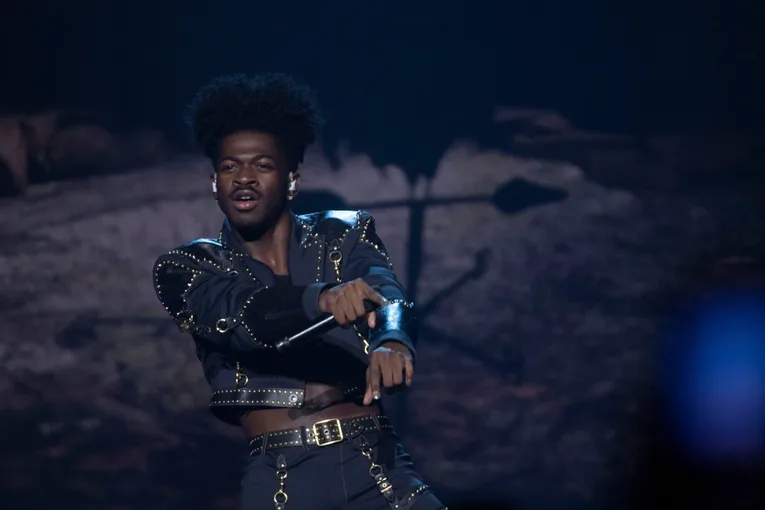
Last week, an unexpected and surprising situation unfolded involving rapper Lil Nas X. Reports from police audio shared by TMZ reveal a dramatic scene where the Grammy-winning artist was allegedly found walking naked near Universal Studios. This led to police being called to intervene. According to the recordings, things escalated quickly, with indications that officers may have used a taser as Lil Nas ran towards them. As a result of this incident, Nas spent the weekend in jail and appeared in court on Monday, where he pleaded not guilty.
He was later released after paying $75,000 in bail. The details from the police recordings provide a rare glimpse into this intense moment that led to his arrest. Sharing a more personal view, Nas’ father, Robert Stafford, spoke to TMZ, reporting that his son is doing well. “He’s great. God is good, God has a plan. I think you all know everything that you need to know about what happened Thursday,” Stafford stated, showing his faith and support. He reassured fans that Nas is feeling remorseful about the incident, but emphasized that challenges can happen to any family.
He added that Nas is getting the help he needs and encouraged everyone to keep him in their thoughts and prayers. This unfolding story has gained a lot of attention, partly because it provides insight into a part of celebrity life that people don’t usually see. While news often focuses on the finished stories, these police recordings show events as they actually happened, making the situation feel more real and striking. As the legal process continues, many are watching to see what will happen next for Nas, both in his personal life and career.
The police audio serves as a strong reminder of how quickly life can take unexpected turns, even for well-known figures in music. With the support of his family and a focus on moving forward, Nas seems ready to handle this challenging time with responsibility and dignity. This unusual incident highlights the human side of celebrity news, reminding fans that there’s always more to a story than what’s seen in the headlines.
-
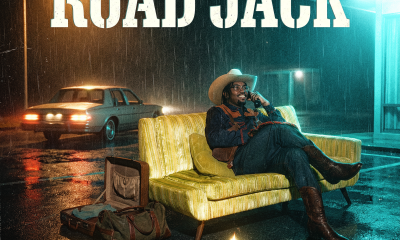
 Artist Spotlight3 days ago
Artist Spotlight3 days agoBilly Chuck Da Goat turns walking away into a bold statement in latest release “Road Jack”
-

 Artist Spotlight3 days ago
Artist Spotlight3 days agoMamas Gun and Brian Jackson shines light on the truth on latest release “DIG!”
-
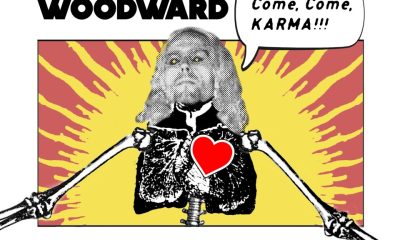
 Artist Spotlight5 days ago
Artist Spotlight5 days agoTom Woodward exposes the dark side of modern idol worship in latest release “PHONEY MESSIAH”
-
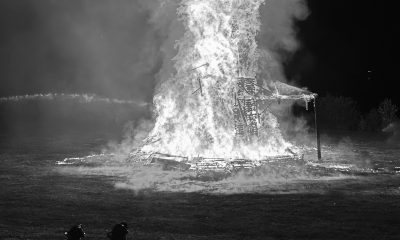
 Artist Spotlight5 days ago
Artist Spotlight5 days agoSAMSARA transforms quiet heartbreak into a modern rock journey on latest release “mrs. porter”
-

 Artist Spotlight3 days ago
Artist Spotlight3 days agoBromsen crafts a suspension between attachment and release in new single “Concendrain”
-

 Artist Spotlight5 days ago
Artist Spotlight5 days agoMORPHEUS VON DOBENHAUSEN lets go of the chaos, dancing steady soft and slow in latest release “GOODBYE CHAOS”
-

 Artist Spotlight5 days ago
Artist Spotlight5 days agoSkillMusicsa speaks in silence when love fades with latest release “How Could You”
-
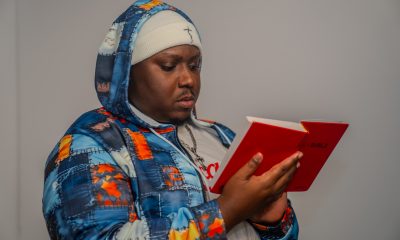
 Artist Spotlight5 days ago
Artist Spotlight5 days agoSavvie steps out with an anthem of power and perseverance on latest release “Incredible”

